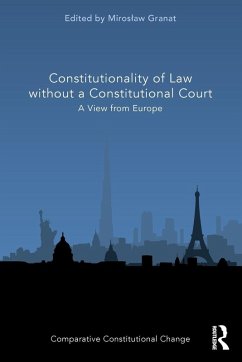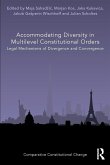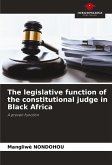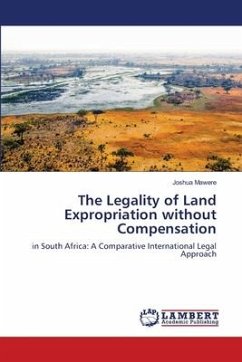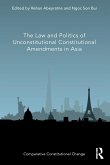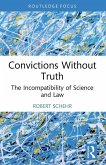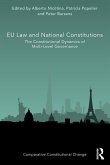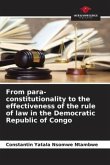This book analyses the problem of the possibility of guaranteeing the constitutionality of law in cases when a constitutional court either has been weakened or does not exist. A starting point of the research is the emergence of the so-called illiberal constitutionalism in several states, namely Poland, Hungary and Turkey, as this phenomenon gravely affects the functioning of constitutional courts. The work is divided into three parts. The first contains contributions of a theoretical nature dedicated to the current shape of constitutional review, in particular in the light of the emergence of "illiberal constitutionalism". This part of the book also deals with the collapse of the centralised constitutional review in Poland and the attempts to resolve the constitutional crisis. The second is focused on discussing specific, current problems with constitutional review, on the basis of states such as Hungary, Romania, Turkey and Poland. The third relates to other forms of constitutional review, that is, the so-called dispersed model and the parliamentary one executed in the course of the legislative process. The contributions discuss such forms of constitutional review in the Netherlands and Finland. The book will be a valuable resource for students, academics and policy-makers working in the areas of constitutional law and politics.
Bitte wählen Sie Ihr Anliegen aus.
Rechnungen
Retourenschein anfordern
Bestellstatus
Storno

